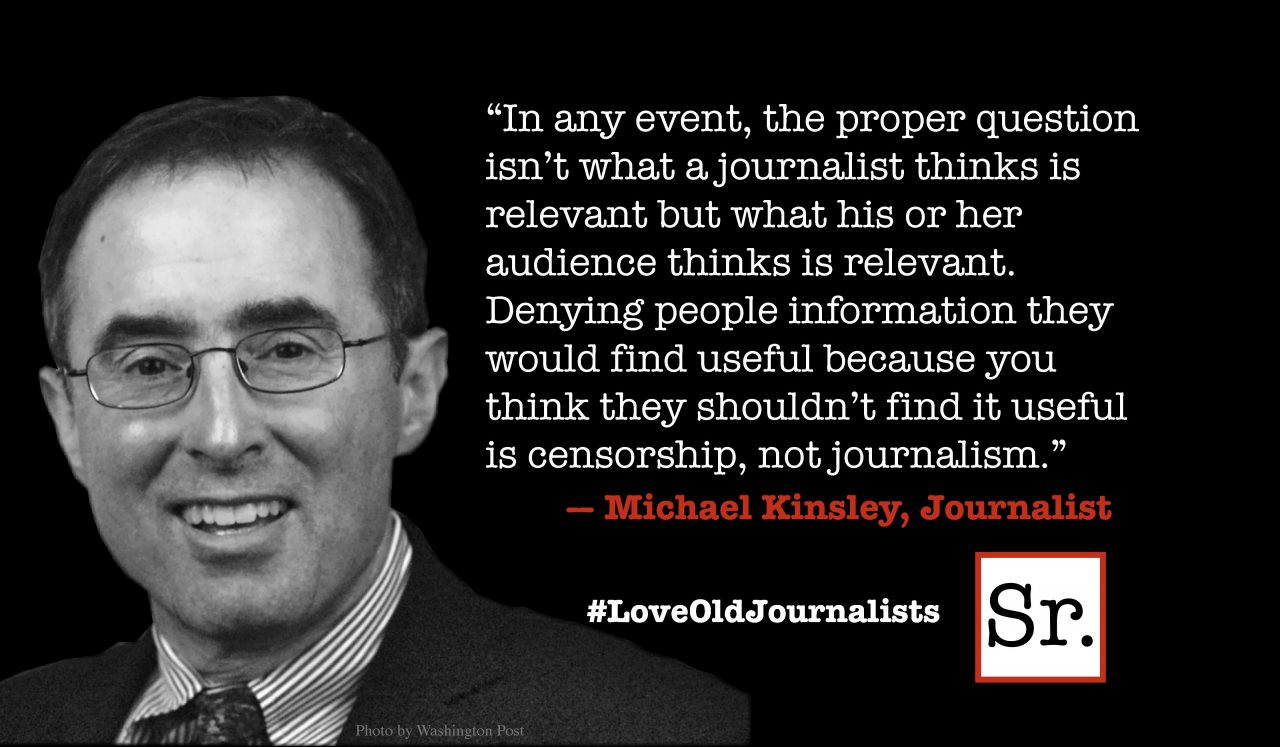So, two years and several billion dollars after the 2012 election campaign began, the American people have expressed their unhappiness with the national condition by putting the same guy back in White House, the same Republicans in charge of the House and the same Democrats in command of the Senate.
Does that mean the same partisan gridlock?
Maybe not. One fight already under way, for example, may quickly settle big questions about how to pay for government — and do a lot to shape President Barack Obama’s second term even before the first has ended.
Obama and Congress face a Dec. 31 deadline to reach a deal on taxes and spending before the country falls off the “fiscal cliff,” a scary mix of tax increases and spending cuts written into last year’s stopgap bill that postponed the tough choices on how to reduce the deficit.
If no agreement is reached, the spending reductions — in defense, entitlements and elsewhere — kick in, and the Bush tax cuts expire. Obama favors a spending-cut-to-tax-hike ratio of about 2.5 to 1, along with a return to Clinton-era tax rates on the very wealthy. Throughout the campaign, Gov. Mitt Romney and fellow Republicans showed no willingness to budge from their opposition to any tax increases.
Just after the election, Erskine Bowles, the former staff chief for President Clinton who co-chaired a deficit-reduction commission in 2010, urged both sides to “replace abrupt and mindless spending cuts and tax increases with a gradual and intelligent deficit reduction plan.” Tax increases would be big and would hit nearly all Americans, Bowles wrote in the Washington Post. “It would mean a double-dip recession at a time when the economy is still very weak.”
Public opinion appears to generally support Obama’s approach. In an October report, the Gallup organization said its surveys found that more than 80 percent of Americans were concerned about deficits and federal spending. But 51 percent oppose defense cuts, and 56 percent oppose changes to Social Security and Medicare to reduce the cost of those programs.
Meanwhile, Americans seem amenable to higher taxes — depending, of course, on whose taxes go up. By 61 percent to 37 percent, Gallup’s respondents said Congress should have passed the “Buffett Rule,” which would require high-income people to pay taxes at rates at least comparable to what the middle class pays. Throughout the campaign, moreover, the president repeatedly declared his intention to raise taxes on the rich — and the people re-elected him.
Some movement is also likely toward immigration reform. Latinos, the fastest-growing segment of the electorate, gave more than 70 percent of their votes to Obama, and Republicans acknowledged afterward that their harsh anti-immigrant rhetoric and policies were substantially to blame.
“The way we have dealt with immigration gives us a black eye,” said Republican Sen. Jerry Moran of Kansas. And House Speaker John Boehner told ABC News, “I’m confident that the president, myself and others can find the common ground to take care of this issue once and for all.”
Just days before the election, Superstorm Sandy revived the issue of climate change, after Obama and Romney had spent the entire campaign ducking it. There may be no greater threat to our future, but prospects for Democrats and Republicans finding common ground look poor. Coal and oil interests contributed heavily to Romney and other Republicans in 2012, and the House is sure to remain hostile to most environmental initiatives.
“Congress will still likely be an incredibly difficult place to make progress,” said League of Conservation Voters President Gene Karpinski. But if broad legislation is unlikely, Obama can still work through the executive branch to set standards for vehicles and power plants, and to strengthen clean air standards through the Environmental Protection Agency. Karpinski said he hopes the president will be “very aggressive using his executive authority.”
Some themes of Obama’s second term are easy to predict, because the groundwork is in place. Health-care reform and Wall Street regulation just need time to be implemented fully. And if the fiscal cliff is avoided, the president will benefit from a strengthening economy.
So what message did the voters of 2012 send to Obama? New York Times columnist Thomas Friedman interpreted it this way: “You didn’t get it all right the first time, but we’re going to give you a second chance. … We think you’re trying. Now try even harder. Learn from your mistakes. Reach out to the other side, even if they slap away your hand.”









